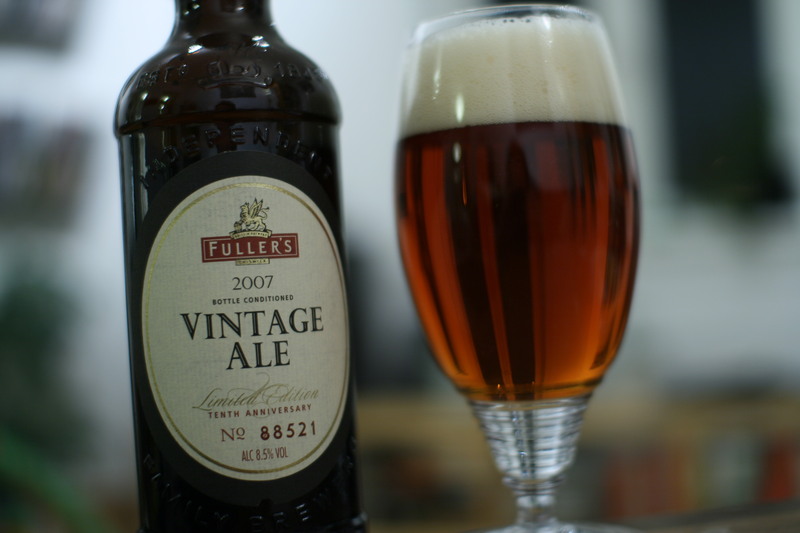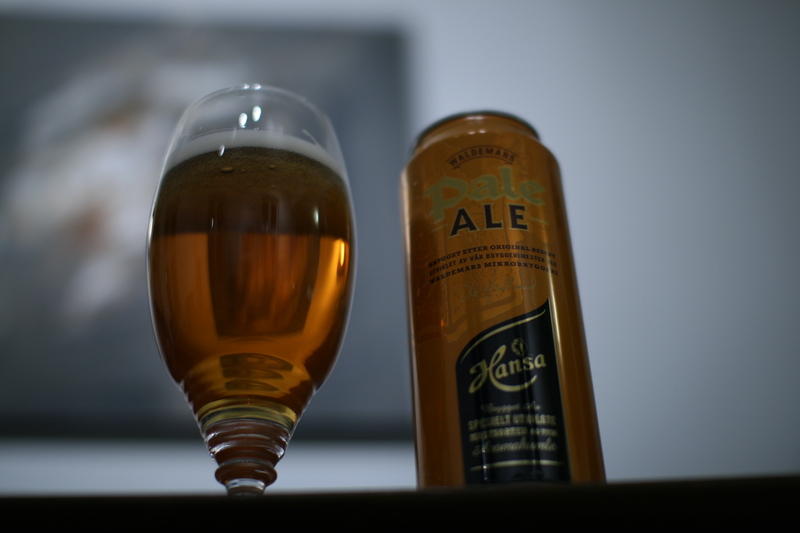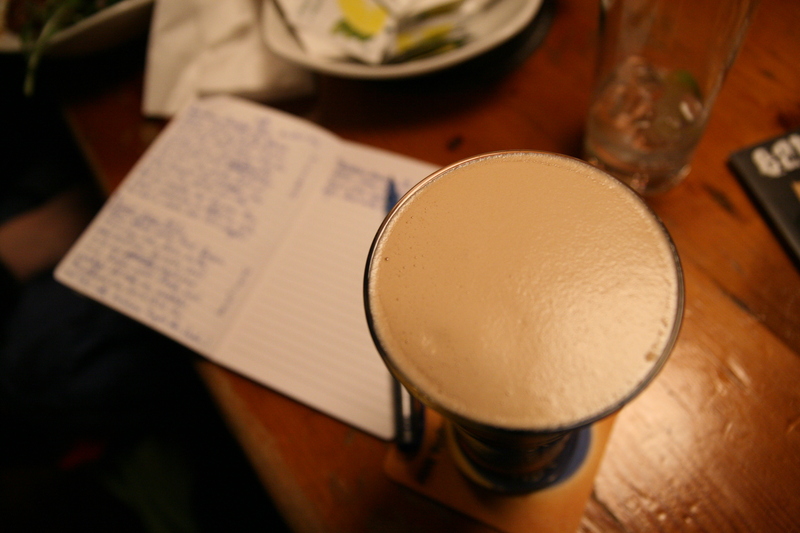Amber Gold and Black — a review

Amber |
Amber Gold and Black is Martyn Cornell's new book on the history of British beer, currently only available in self-published ebook form. Getting it as a PDF wasn't ideal for me, as it meant I had to pay quite a lot to get it printed, but since Martyn is extremely well-informed on British beer history and passionate about getting his story right, I was more than willing to put up with this in order to be able to read the book.
The history of beer is something even beer enthusiasts tend to have limited knowledge of, and there's a tendency to assume that the beer scene has not changed very much over the years. Little could be further from the truth. Two facts from the book illustrate this quite well. In the late 1940s the main British beers were bitter, Burton, and mild ale. Today, one of those three (Burton) is now more-or-less both extinct and forgotten, and the second is obscure (mild), both of them being replaced with lager. Another fact: In 1974 porter was not brewed anywhere on the British Isles. Today, that's well-nigh unimaginable, but the fact is that 35 years ago porter died out in Britain. (It was revived in 1978, by Timothy Taylor and Penrho.)
What beer enthusiasts do know about the history of beer is often wrong, since writing on this has often been of dubious quality. A good example is the history of India Pale Ale. Most people think that it was developed as a stronger, hoppier version of pale ale, in order to withstand the rigours of overseas shipping to India. As Cornell's book argues very persuasively, this is wrong. I won't give you the correct story here. If you're interested, buy the book and read it.

Gold |
The structure of the book is straightforward: each chapter is dedicated to one style of beer, and it covers the obvious, such as bitter, mild, Burton, porter, stout, and IPA. It also covers quite a lot that is far from obvious, such as: Golden ales, Dinner ales, Wheat beer (the British form thereof), Barley wine/Old ale, herb ale, honey beer, and lager. It turns out that British beer has been much more diverse than is commonly known today, and Cornell gives an exhaustive overview (I think) of the more obscure styles in the second part of the book.
The writing is quite dense, and strictly focused on the beer. If you're looking for jokes and anecdotes, this isn't the book for you. It also quotes extensively from contemporary sources, which I find both enlivens the book and makes it much more authoritative. The claim about the three main beers in Britain in the late 1940s, for example, is supported by two sources given in the text: a 1948 book on brewing published by the Whitbread brewery and a 1949 quote by journalist Maurice Gorham. Unfortunately, the book does not use a proper scholarly system of footnotes with bibliographic references, and so in some cases it can be hard to say exactly what the source is. (Maurice Gorham in 1949, yes, but where? In some newspaper? In a book? There's no telling.)
I also found that in many cases Cornell was assuming beer knowledge that I simply did not have. For example, in the discussion of stale and mild beers, several historical quotes refer to the taste that longer storage gave to stale beers. Well, what taste was that? I was two thirds of the way through the book before I figured it out (probably quite sour), and for me that made the text hard to follow in places.
Still, the book is packed with interesting information which you'd have a hard time finding anywhere else. It completely and permanently changed my view of what British beer has been, and how it came to be what it is today. It also made it clear to me just how changeable beer styles are. Ron Pattinson has ridiculed the BJCP style guides as an arbitrary snapshot of the beer styles as they were in the mid-1970s, and it's clear that this view has a lot to be said for it.

Black |
Similar posts
The Early History of Hops
One of the biggest mysteries in the history of beer is where and when people started using hops in beer
Read | 2022-12-06 10:15
Roaring the beer
The first time I heard about it was in Telemark (southern Norway), where Halvor Nordal said that one of his neighbours used to sometimes heat the beer very briefly in a saucepan before serving it
Read | 2018-04-21 22:45
When did people start reusing yeast?
You often hear people say that "before Pasteur nobody knew about yeast," and that using yeast is a fairly modern invention
Read | 2018-04-29 13:42
Comments
No comments.